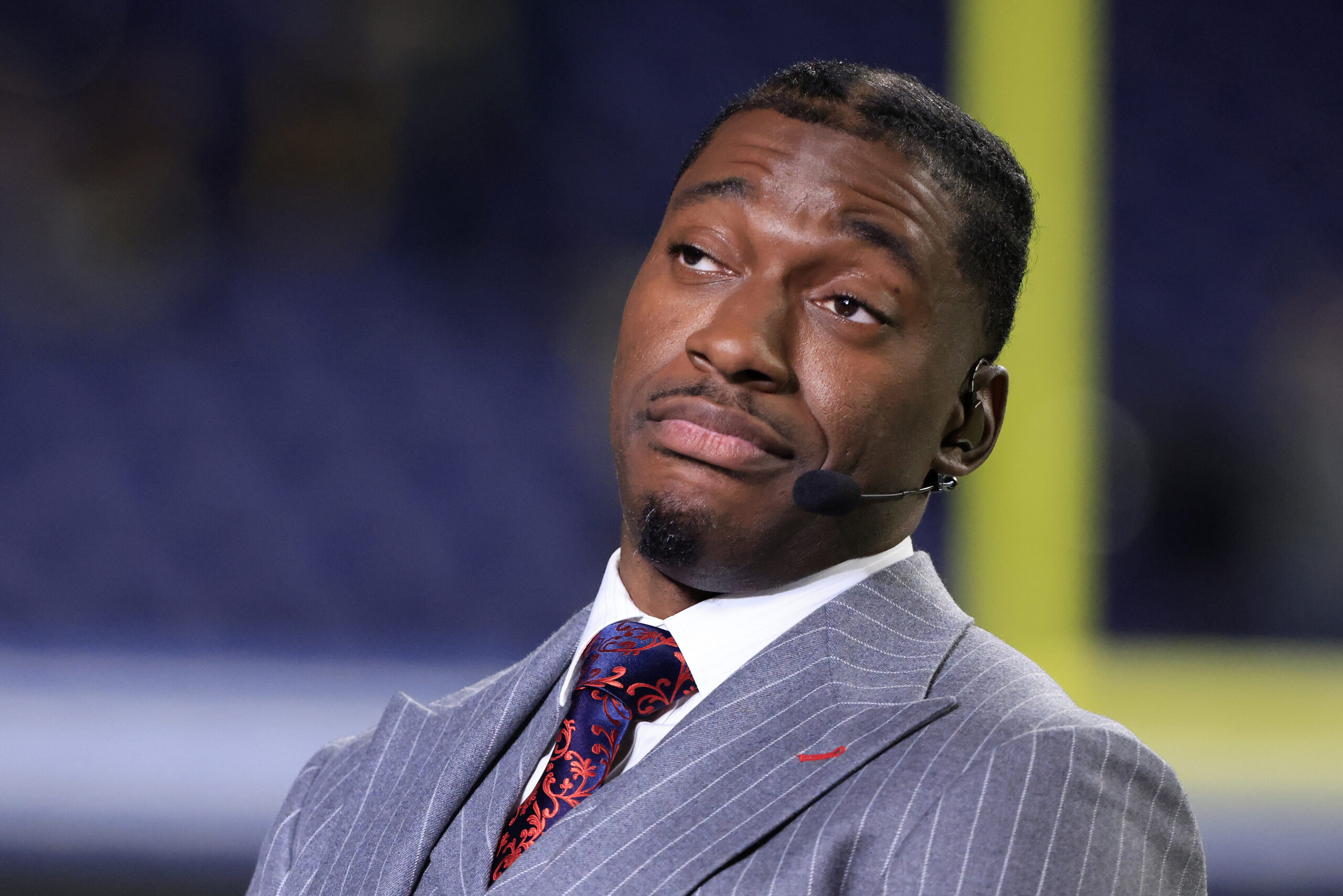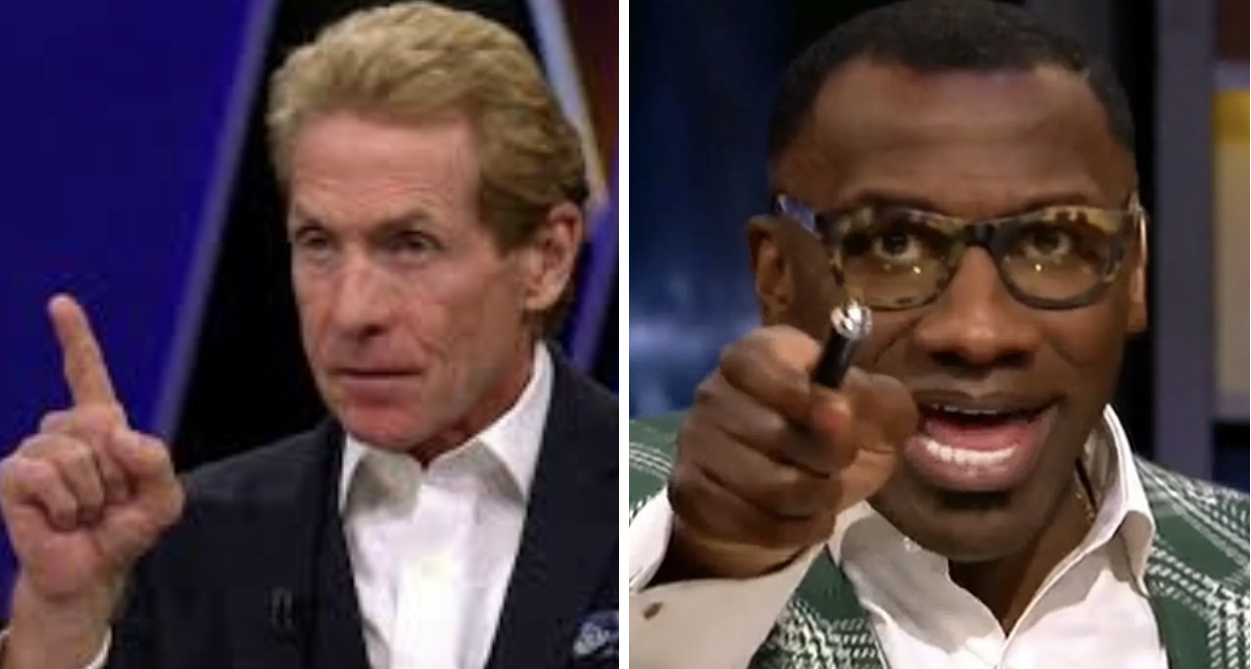I thought FX’s mini-series “The People vs. O.J. Simpson: An American Crime Story” would be dreadful. But once I sat down to truly let it wash over me, I was mesmerized.
With the exception of Cuba Gooding, Jr., who seems to be Boyz-N-The-Hood‘s Tre Styles in practically every movie he’s ever appeared in except Radio, the acting was superb. The writing was fantastic. It took me back to cursing at the television screen during the Knicks’ 91-84 Game 5 win over the Houston Rockets in 1994, which gave New York a 3-2 lead in the NBA Finals, when NBC, whom OJ worked for at the time as an NFL analyst, interrupted the coverage to air the Bronco chase.
We were taken inside the lives of each of the key characters of a drama that America could never get enough of. The OJ trial was the country’s first head-long foray into the behemoth that would become a reality television.
From sports to crime to law to sex to drugs to a shocking fall of a once-revered hero, the story had all of the elements that made it uniquely and grotesquely appealing. With race thrown in, and the specter of racial profiling, crooked cops, celebrity, wealth, inter-racial marriage, power and physical abuse, it was also a forceful and disparaging look through the American lens at our culture and society at a time in the direct aftermath of the Los Angeles Riots two years prior.
Tomorrow’s opening chapter of the five-part ESPN documentary focuses on OJ’s rise out of the housing projects in San Francisco to becoming a household name at USC, where he won the Heisman Trophy in 1968.
I’m anxious to see how they handle Simpson’s collegiate career against the backdrop of what was happening to black people within the civil rights movement at the time, when the sports world gave us two of its more iconic activist moments: Muhammad Ali pulling the covers back on the Vietnam conflict and the Black Power salutes of John Carlos and Tommy Smith at the Mexico City Olympics.
Thus far, the reviews of the work have been nothing but glowing. I’ve heard that it is the defining examination of OJ, the America that embraced him, the Black America that he purposely distanced himself from, the dueling American pathologies on race, on who we are as the macabre, shallow, duplicitous, vain and cruel country that lurks underneath the abundant and corrosive lies of equality.
Hopefully, through director Ezra Edelman’s lens, we’ll get an exhaustive and authoritative examination that ripples far beyond the specter of OJ, Nicole and the LAPD and into an actual collective introspection of the United States of America, and what it says about who we are. And I don’t expect the conclusions to be anything but ugly.
I’m looking forward to it.



